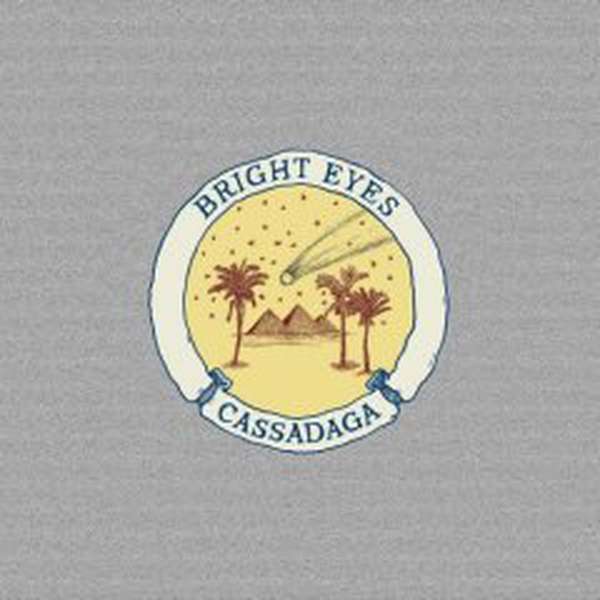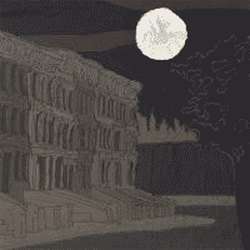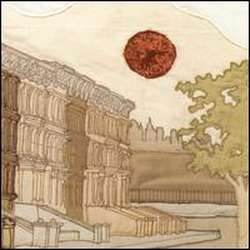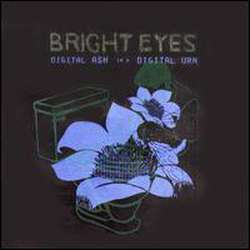In what's seemingly an attempt to depart from the boy wonder tagline which has chased him his entire career, Conor Oberst takes on a more mature tone with Cassadaga, the latest of his half a dozen plus releases. This album sees Bright Eyes, now consisting of the aforementioned Oberst, Nate Walcott and Mike Mogis, devoid of the introspective, angst ridden, lyricism they're closely associated with, but rather taking the role of story telling to new levels; dealing with motifs of a much broader landscape than previous efforts. Proclaimed as the "America album" in press, Cassadaga's theme/production lends itself not only to a change in tone, but also in sound. This is the tightest Bright Eyes has ever come across, creating a feel closer to something of their early alt country influences than the indie fused folk they helped to popularize.
Unfortunately, with respect to the lofty ambition of coming of age, the album falls short for achieving what it was trying to do: in successfully growing to a more sophisticated style, Cassadaga loses the slurred authenticity which makes Bright Eyes, and well notable as a definitive growth, the effort comes across as at best copasetic and at worst dull. "Kill or Be Killed", the intro track, exemplifies this feel. Opening with a Lifted-esque phone conversation regarding a cross country road trip and new beginnings, the song then breaks into clean guitar plucking, accompanied by violins and Oberst's quiet voice discussing a vaguely political tale. Confusing in its execution, the band tries for an attempt at elegance; the same band who opened their last record with a drunken story of a women dying on a plane. In essence this is the difference between I'm Wide Awake It's Morning and Cassadaga, the embrace of an organic style compared to something much more convoluted.
Deceivingly familiar is disc's second track, and first single, "Four Winds," which recounts the type of full sound perfected on their first of the 2005 releases, and reminds the listener of the band's ability for a meaningful, catchy, release. From there however, Bright Eyes stumble into an attempt at what is arguably originality, but comes off as emulation; paying homage to some easily spotted inspirations, rather than creating something their own. Showing inklings of Oberst's signature wails over the next eleven tunes, what is highlighted is rather Mogis' ability for production and addition to song structures, in what could be viewed as a throwback to his time with Lullaby for the Working Class, with standout work in "If The Breakman Turns My Way" and particularly "Make a Plan to Love Me." These songs have a brilliant sound quality, and intricacy, rivaling that of any legendary act, the problem being is that they lack the emotion to put them on that level.
While disproving any accusations of being a one trick pony, Cassadaga shows the trio of Bright Eyes achieving new levels of depth, and beginning in a direction which forgets why they've achieved the success they have.




